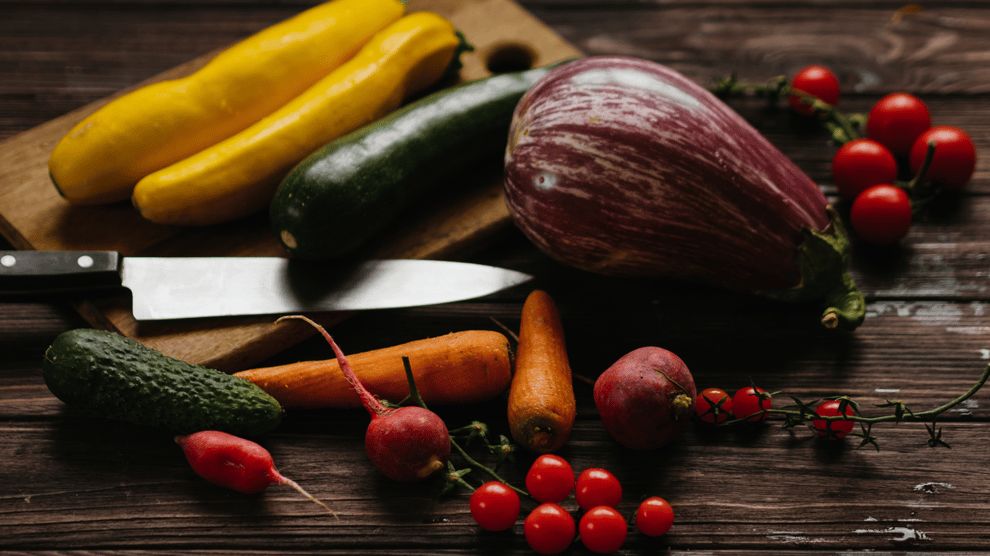Beta-Carotene, Vitamin A, and a Nutritious Approach to Healthy Vision
You Are What You Eat
They say you are what you eat. Well, those words could not be more true when it comes to your vision. A healthy diet has been scientifically demonstrated to be a contributing factor against macular degeneration. Eating right can also prevent loss of vision as a secondary complication of health disorders, such as high blood pressure and diabetes, that can result from an unregulated diet.
The Right Stuff
The key to getting the right foods into your system is to develop a diet that promotes healthy metabolic processes in the body. This is done by avoiding foods high in sugars, sodium, trans fats, saturated fats, and cholesterol. At the same time you want to maintain a consistent variety of foods high in fiber, loaded with vitamins, trace minerals, and other key nutrients such as protein, unsaturated fat, and a balanced amount of carbohydrates. A healthy diet should be composed of 20% fruits and 30% vegetables, amounting to about 10 servings of fruits and vegetables in total per day.
When it comes to eyesight, consuming the right amount of fruits and vegetables plays a key role, as many of these foods tend to serve as a valuable source of Vitamin A. Vitamin A consists of a group of unsaturated, fat soluble, nutritional, organic compounds called retinoids: including retinol, retinal, retinyl esters, and several Vitamin A producing carotenoids. These compounds are critical for maintenance of the immune system, cell growth and development, as well as vision.
For our purposes here, Vitamin A has three major functions in vision strength and maintenance:
- It has antioxidant properties that help protect the eye’s outer surface, called the cornea.
- It helps to maintain low-light (scoptic) vision and color vision.
- It regulates and supports the functioning of the eye’s retina, which converts light into information that is interpreted by the brain.
One crucial source of Vitamin A is the organic compound called β-Carotene—a deep orange pigment found in abundance in plants, fruits, and fungi. This chemical rapidly converts to Vitamin A once consumed in the body and is a key nutrient in foods such as sweet potatoes, carrots, dark leafy greens, butternut squash, cantaloupe, romaine lettuce, bell peppers (especially red, orange, and yellow), apricots, broccoli, and podded peas.
These delicious fruits and vegetables are part and parcel to maintaining good eyesight and a healthy lifestyle overall. So, grab a bag of carrots or a slice of cantaloupe and indulge in a snack that will support a balanced nutritional intake and promote efficient vision.
As part of our enhanced benefits program, USFHP offers comprehensive vision care with $0 to low cost eye wear.
For more information and to enroll with USFHP call now at 1-800-241-4848 and let us get you covered.


